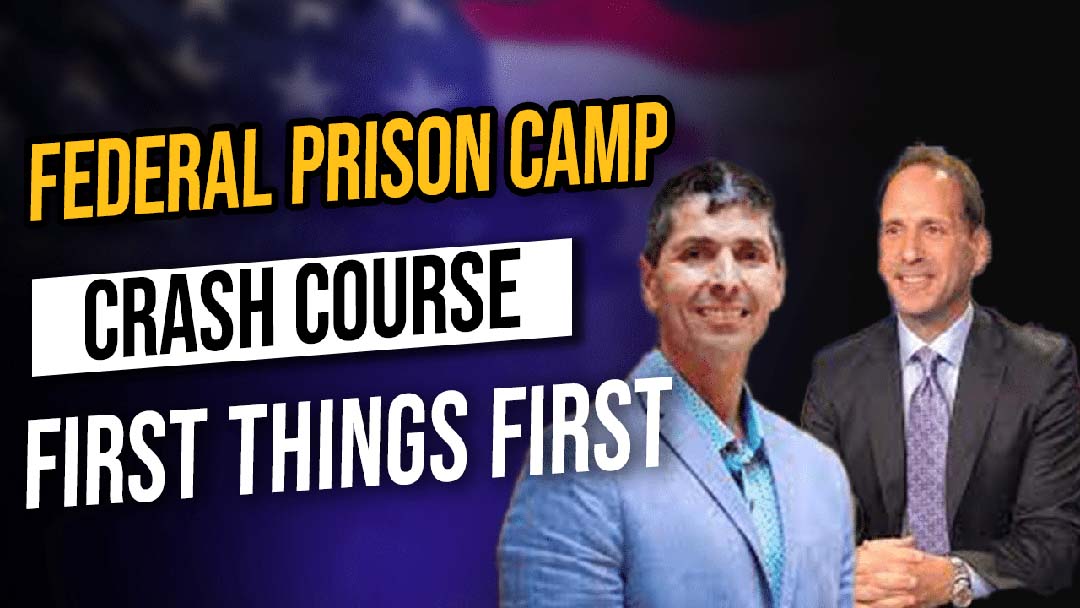In the 21st Century, nearly two out of every three people return to prison after they have been released. Those numbers are tragic.
While those numbers might be of concern to others, they should be of no concern to you. The preparations my team and I are putting in place for you should ensure that you overcome those troubling odds.
How will you overcome the odds? Study your environment and put first things first…
When I surrendered to federal prison I studied the environment around me. I noticed some of the men were angry, some were lost, and others were peaceful and productive.
My primary goal was to build a happy life upon release, so I chose to study success. Thankfully, I found a mentor in Michael Santos who helped guide me and get me on track. Through this course, we are striving to be that mentor for you.
With Michael’s support, I established a proactive plan immediately. It was not a restrictive plan. It was flexible enough to adjust for maximum effectiveness as the first few months passed.
In my experience, federal prison could go bad even for people with good intentions. For example, I had friends in federal prison who woke up each day at 2:00am to read charts and prepare to paper-trade the stock market. They had convinced themselves that, if they could generate “paper profits,” people would give them tens of millions to manage upon their release. They were wrong. Their thinking was so rigid that pivoting was not possible.
Those traders, and too many other inmates, failed to begin with the end in mind. Like my friend David whom I described in Class 2, I knew that I would not be returning to the career for which I had trained. My days as a stockbroker were over. I had to create something new.
In time, my vision was to develop a career as a speaker, writer, publisher, and consultant on matters pertaining to ethics and the criminal justice system. It is my area of expertise and my passion.
With that end in mind, I advanced to the next phase of my successful prison adaptation. That was to put first things first.
I needed to create content to help me advise clients on how best to handle confinement. The first step was to persuade my mother to assist me. With her on board, I was able to launch my blog. Each day, I woke up early to write a new entry. That blog was the first step in building White Collar Advice.
David took the same approach. Once he accepted that his former career as a health care executive was over, he pivoted his thinking. With the end goal of launching a new career as a consultant to help others navigate complicated bureaucratic processes, David put first things first by figuring out what specific steps he should take during his time as a prisoner.
He wrote blogs, grew his network, and wrote a manual he utilized to make presentations before prospective clients.
Those who begin with the end in mind and put first things first, succeed in prison because they have a definite purpose. They know what they must achieve, so they set benchmarks to measure their progress.
That was my proactive plan, and it’s the game plan I highly suggest for you.
Best,
Justin
P.S.S. To learn more about life in prison, schedule a free call here.

